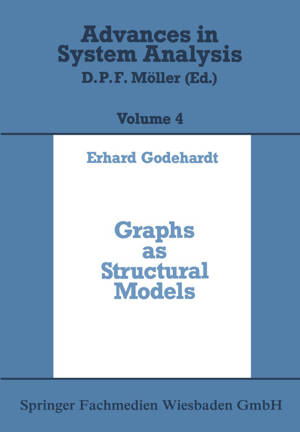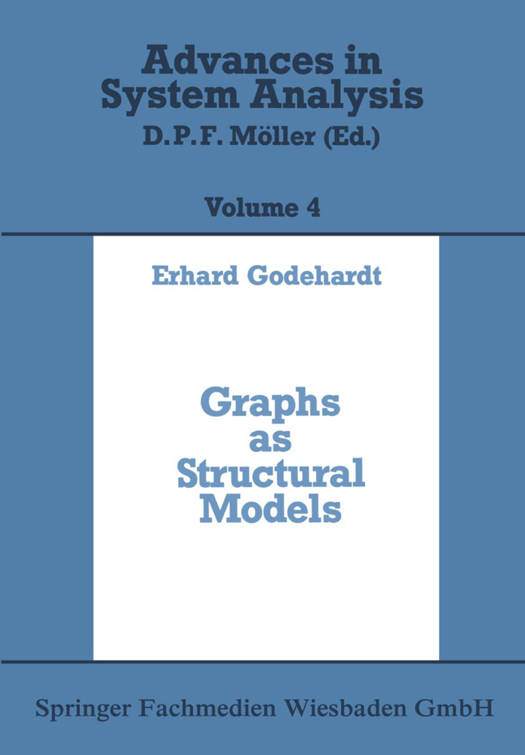
Bedankt voor het vertrouwen het afgelopen jaar! Om jou te bedanken bieden we GRATIS verzending (in België) aan op alles gedurende de hele maand januari.
- Afhalen na 1 uur in een winkel met voorraad
- Gratis thuislevering in België vanaf € 30
- Ruim aanbod met 7 miljoen producten
Bedankt voor het vertrouwen het afgelopen jaar! Om jou te bedanken bieden we GRATIS verzending (in België) aan op alles gedurende de hele maand januari.
- Afhalen na 1 uur in een winkel met voorraad
- Gratis thuislevering in België vanaf € 30
- Ruim aanbod met 7 miljoen producten
Zoeken
Graphs as Structural Models
The Application of Graphs and Multigraphs in Cluster Analysis
Erhard Godehardt
€ 106,95
+ 213 punten
Omschrijving
The advent of the high-speed computer with its enormous storage capabilities enabled statisticians as well as researchers from the different topics of life sciences to apply mul- tivariate statistical procedures to large data sets to explore their structures. More and more, methods of graphical representation and data analysis are used for investigations. These methods belong to a topic of growing popUlarity, known as "exploratory data analysis" or EDA. In many applications, there is reason to believe that a set of objects can be clus- tered into subgroups that differ in meaningful ways. Extensive data sets, for example, are stored in clinical cancer registers. In large data sets like these, nobody would ex- pect the objects to be homogeneous. The most commonly used terms for the class of procedures that seek to separate the component data into groups are "cluster analysis" or "numerical taxonomy". The origins of cluster analysis can be found in biology and anthropology at the beginning of the century. The first systematic investigations in cluster analysis are those of K. Pearson in 1894. The search for classifications or ty- pologies of objects or persons, however, is indigenous not only to biology but to a wide variety of disciplines. Thus, in recent years, a growing interest in classification and related areas has taken place. Today, we see applications of cluster analysis not only to. biology but also to such diverse areas as psychology, regional analysis, marketing research, chemistry, archaeology and medicine.
Specificaties
Betrokkenen
- Auteur(s):
- Uitgeverij:
Inhoud
- Aantal bladzijden:
- 214
- Taal:
- Engels
- Reeks:
Eigenschappen
- Productcode (EAN):
- 9783528063122
- Verschijningsdatum:
- 1/01/1988
- Uitvoering:
- Paperback
- Formaat:
- Trade paperback (VS)
- Afmetingen:
- 170 mm x 244 mm
- Gewicht:
- 367 g

Alleen bij Standaard Boekhandel
+ 213 punten op je klantenkaart van Standaard Boekhandel
Beoordelingen
We publiceren alleen reviews die voldoen aan de voorwaarden voor reviews. Bekijk onze voorwaarden voor reviews.









